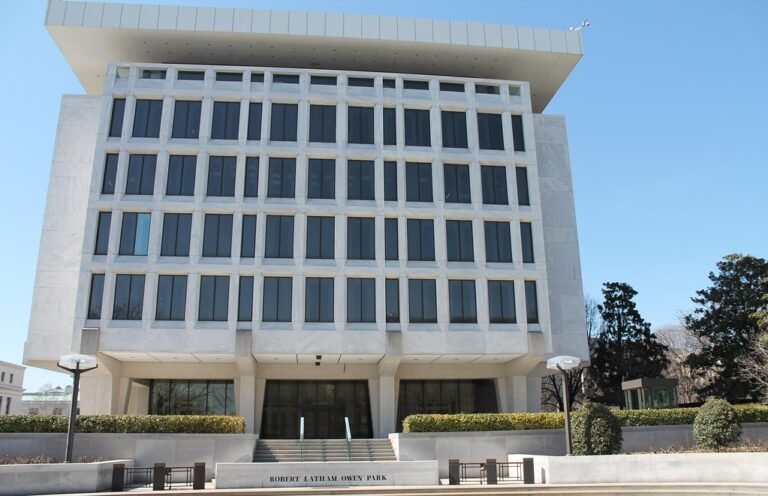
A 42-year-old woman from Sisseton, South Dakota, has been sentenced to 18 months in federal prison for embezzling more than $107,000 from a tribal organization. Amanda Joy Quinn, who served as Treasurer for the Long Hollow District of the Sisseton-Wahpeton Oyate Sioux Tribe, was sentenced on November 14, 2024, by U.S. District Judge Charles B. Kornmann. In addition to her prison sentence, Quinn will also serve three years of supervised release and must pay a $100 special assessment to the Federal Crime Victims Fund.
Quinn’s sentencing comes after a guilty plea earlier this year. She admitted to embezzling funds over a span of nearly three years, from June 2017 to July 2020, while handling the Long Hollow District’s finances. As Treasurer, Quinn had access to the district’s bank account and used her position to authorize fraudulent overpayments to herself and others. She then cashed these checks, pocketing the illicit funds for her personal use.
The embezzlement was uncovered through a federal investigation, and Quinn was indicted in February 2023. She pleaded guilty to the charges in June 2024, acknowledging that she had unlawfully taken the money and that she was not entitled to the funds she had stolen.
U.S. Attorney Alison J. Ramsdell called the case a significant example of accountability in addressing public corruption and financial fraud within tribal communities. “This case highlights the importance of ensuring that those who betray public trust and abuse their positions of power are held accountable,” said Ramsdell.
The investigation was part of the Guardians Project, a federal initiative aimed at combatting public corruption, fraud, and embezzlement involving federal program funds in tribal communities. This coordinated effort brings together multiple federal agencies, including the FBI, IRS Criminal Investigation, and various Office of Inspector General offices, to tackle fraud and corruption in Indian Country.
The Guardians Project aims to protect the financial integrity of tribal governments and the communities they serve, while promoting transparency and accountability.
FBI Special Agent in Charge of the South Dakota Division, Derrick L. Rinehart, praised the joint efforts of law enforcement in investigating and bringing Quinn to justice. “The theft of funds intended to benefit a community undermines trust in leadership and harms those who rely on those resources. We will continue to work alongside our partners to hold individuals accountable for such actions,” Rinehart said.
With Quinn’s sentencing, federal law enforcement sends a clear message that those who engage in corruption, especially within vulnerable communities, will be prosecuted to the fullest extent of the law.
As part of her sentence, Quinn must also continue to cooperate with authorities and pay restitution as determined in further proceedings.
This case is a reminder of the ongoing challenges of fraud and embezzlement in tribal governments, and the Guardians Project remains a vital tool in combating these crimes across South Dakota’s Native American communities.


